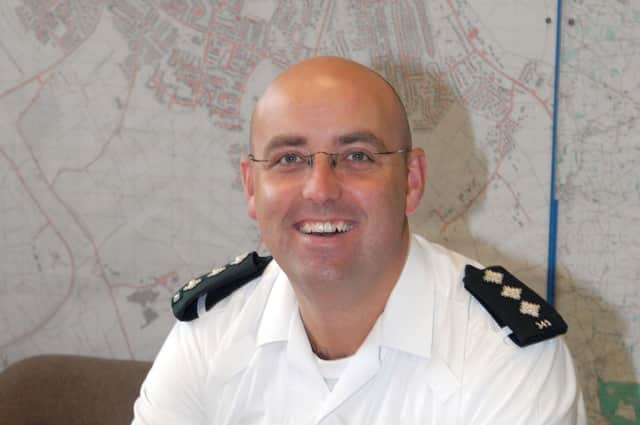Campaign to target ‘missing’ ED patients


The idea behind the awareness campaign is to stop patients from leaving the ED without telling a member of staff.
Involving the PSNI and the Health & Social Care Board (HSCB), the initiative will run across all emergency departments.
Advertisement
Hide AdAdvertisement
Hide AdCurrently, when an ED patient, who is receiving treatment, leaves without telling a staff member they can be reported as missing, if they are otherwise not contactable and there is ongoing concern for their wellbeing. Each month, around 160 missing ED patients are reported to police; close to 2,000 annually.
Detective Chief Superintendent Anthony McNally said: “If we can reduce the number of missing person reports to PSNI from EDs this will have a significant number of societal benefits. ED staff will have more time to deal with other patients rather than spend time trying to find someone who isn’t actually missing.
“It will mean the police service can prioritise dealing with other missing reports where someone is genuinely at risk of harm. It will also allow us to deal with other policing priorities. Financially, it’s estimated that searching for the 160 persons who go missing from EDs every month costs the police service £4.8 million per year.”
Paul Cavanagh, director of commissioning, Health and Social Care Board, said: “Emergency departments are very busy places and we know people get frustrated if they experience long waits. However, it will help keep patients safe and save health care staff time if patients let them know they are choosing to leave before completing their treatment.”
Mr McNally added: “The vast majority of ED patients who are reported missing are found safe and well at home. They were not ‘missing’, they just didn’t tell the ED staff they were leaving.”